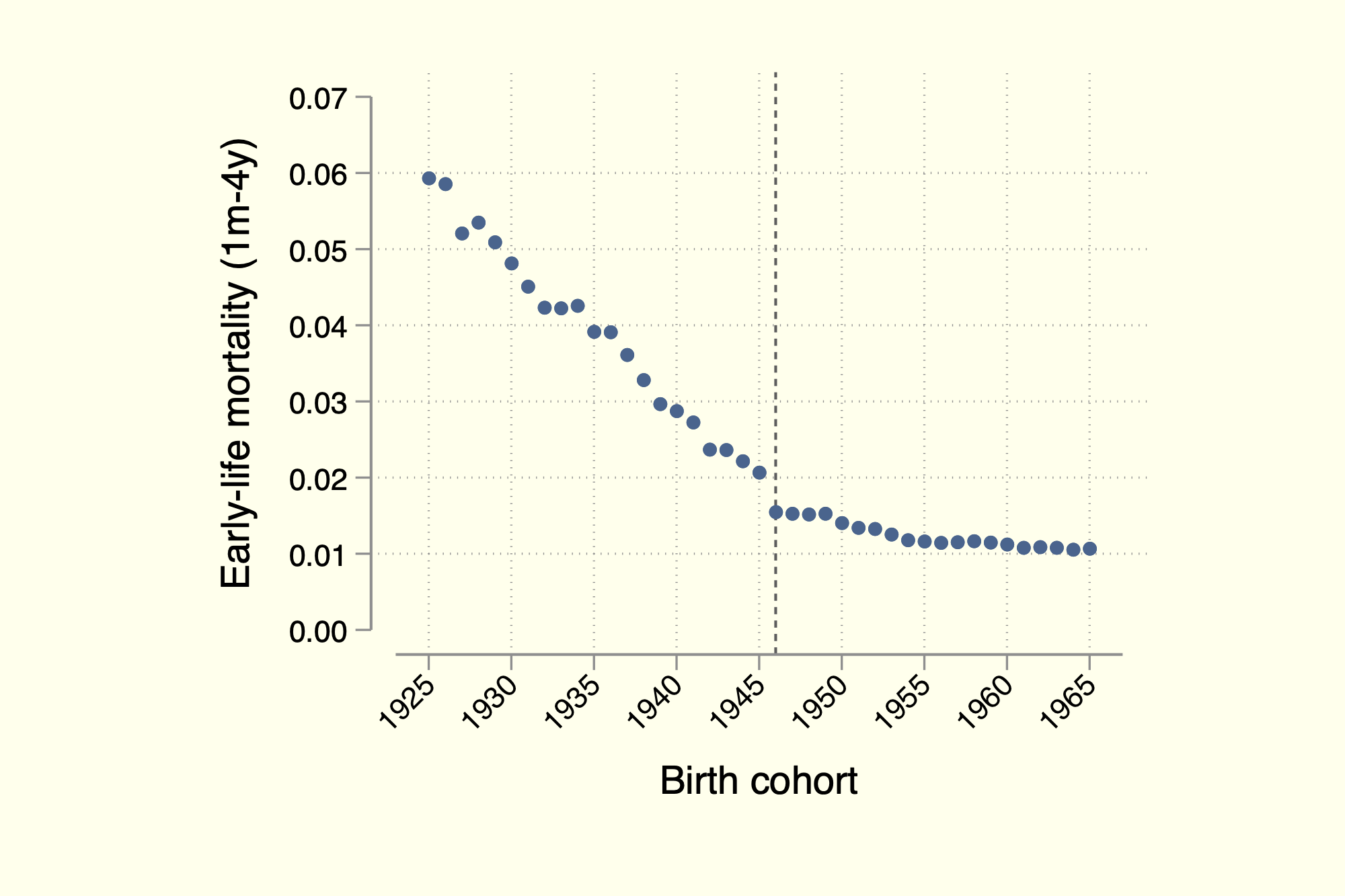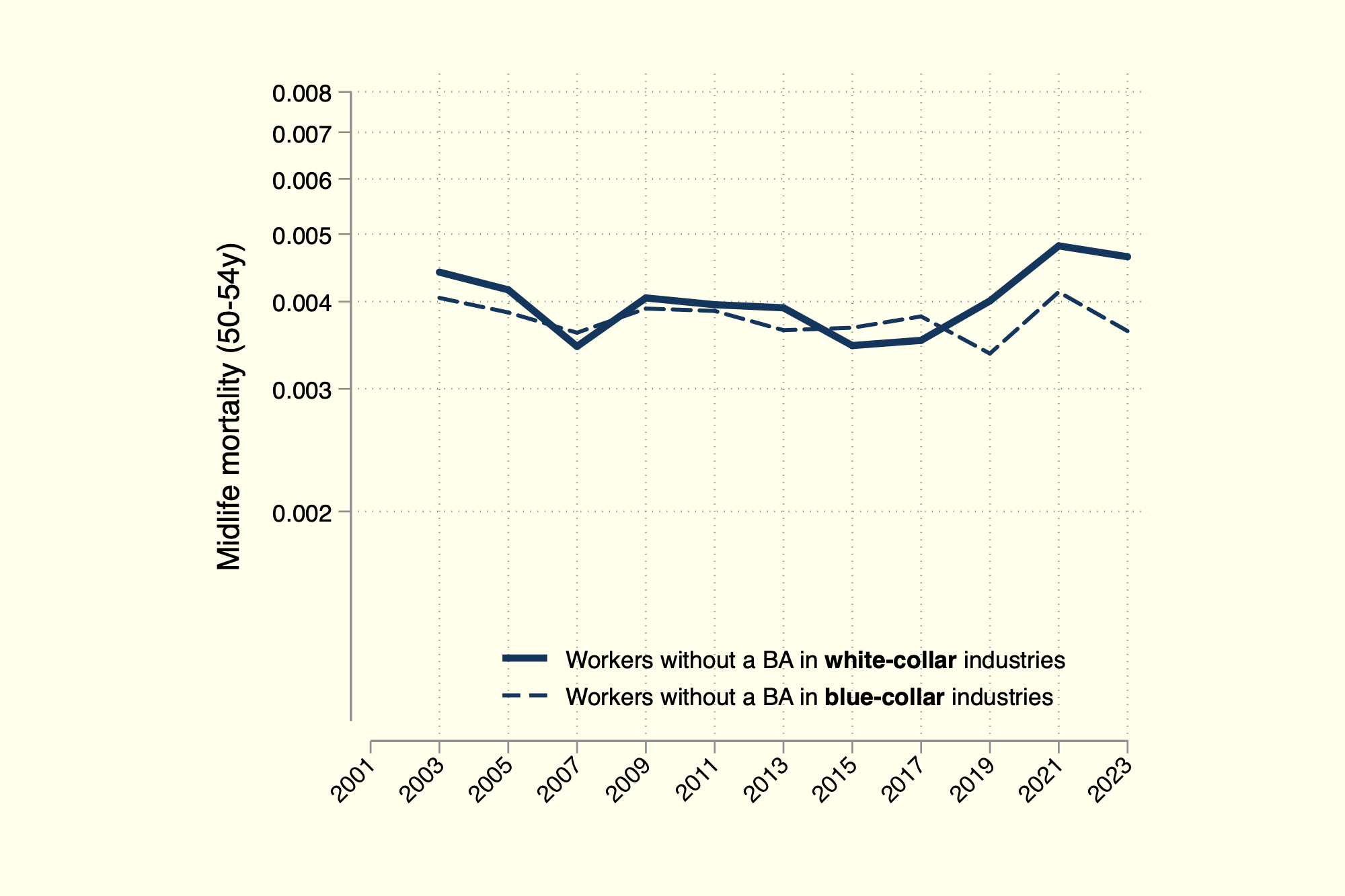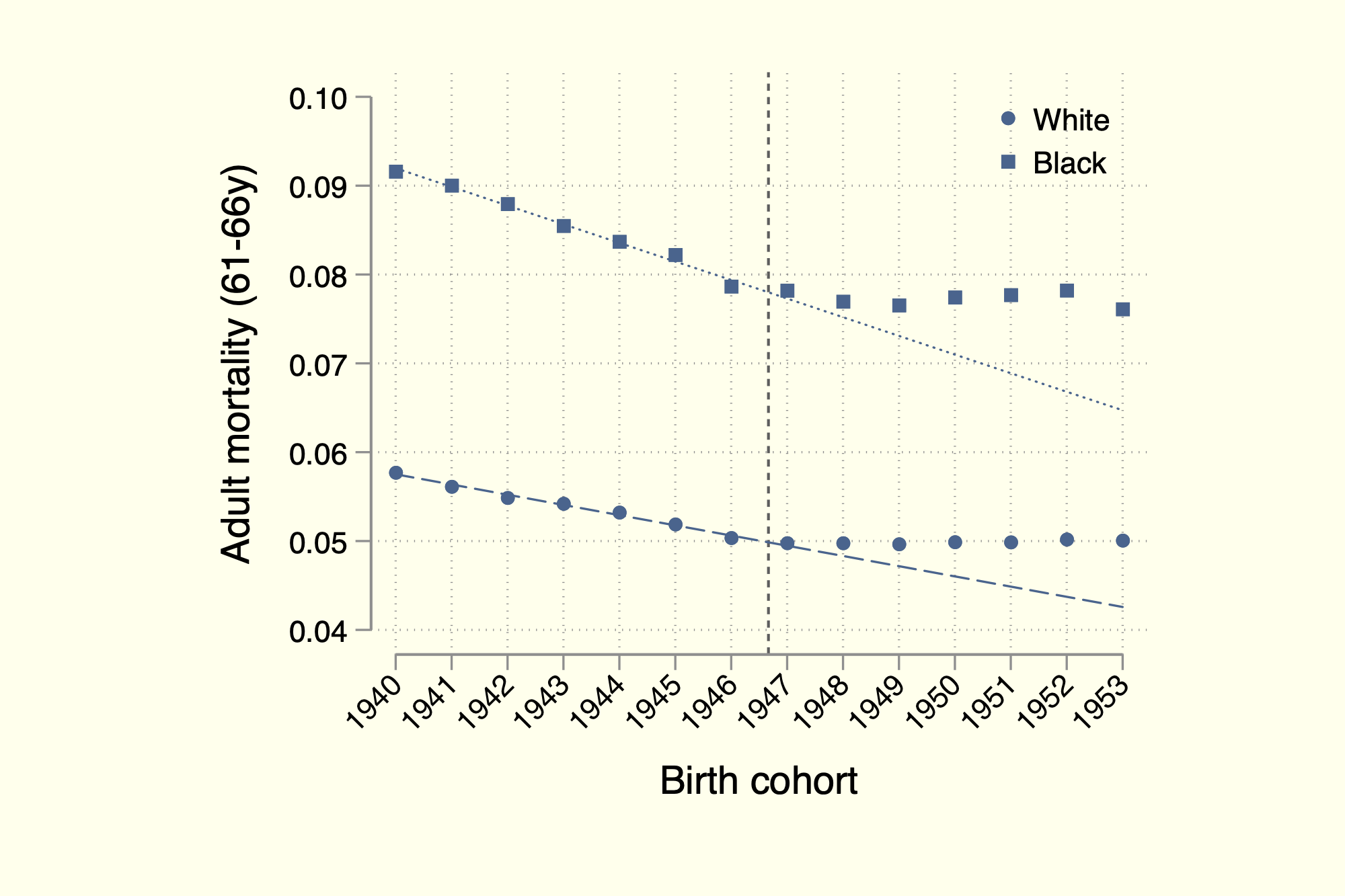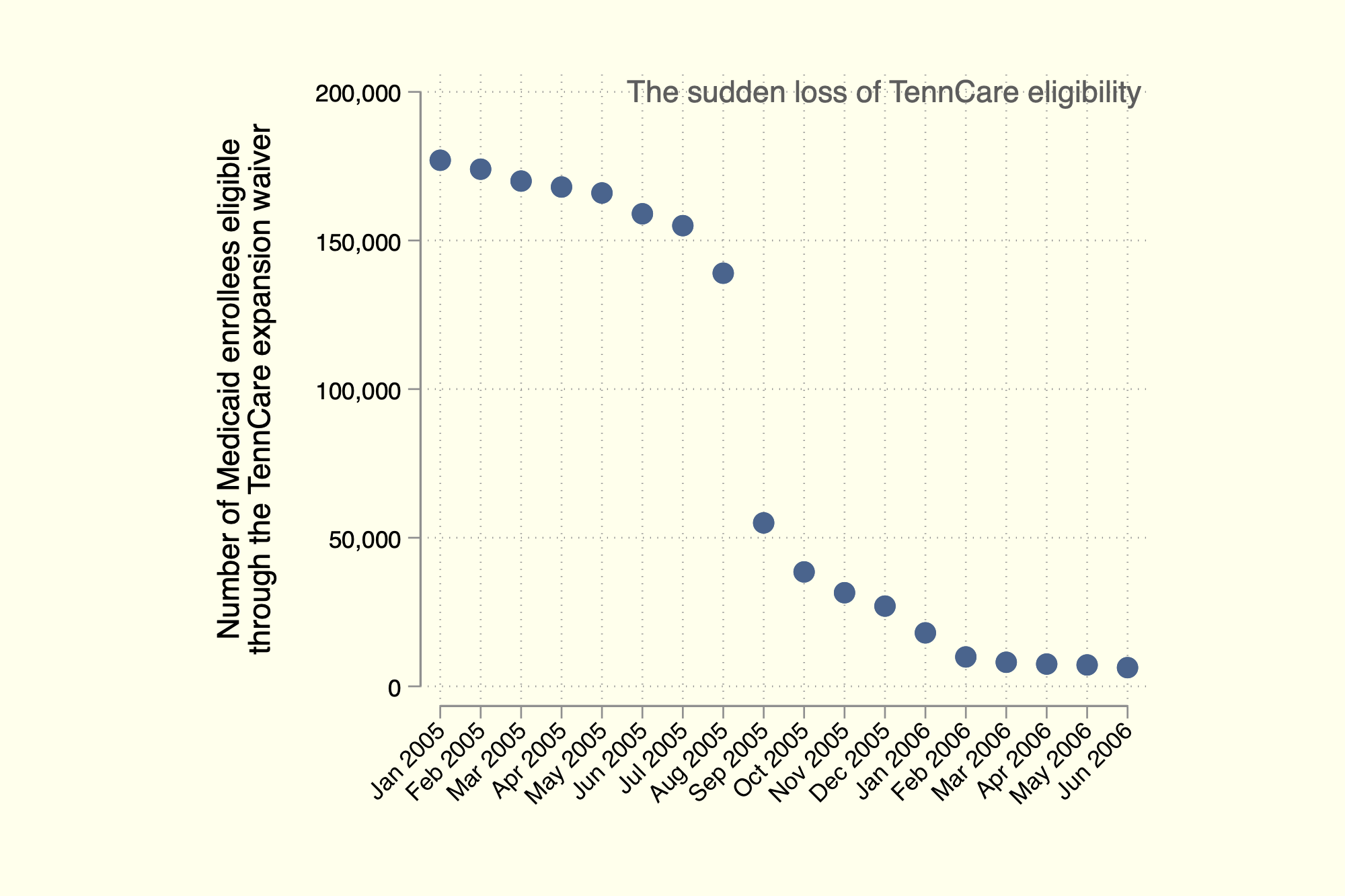The recent and ongoing stagnation in midlife mortality in the United States is among the country's most urgent health crises, yet its primary causes are unknown. This paper posits that the explanation could lie in another concerning trend that unfolded nearly 80 years ago.
Dr. Stripling conducts research on the unknown causes of the stagnation of life expectancy in the United States, one of the country’s most pressing health crises. He was previously a Visiting Assistant Professor in the Department of Economics at Texas A&M University, and he received his PhD in Economics from The University of Texas at Austin.
Latest Research
Can Job Opportunities Account for the Mortality Gaps by Educational Attainment in the United States?
This paper was invited to an issue of The Russell Sage Foundation Journal of the Social Sciences edited by Anne Case, Andrew Cherlin, and Angus Deaton entitled "Moving Beyond Deaths of Despair: Rethinking Rising Morbidity and Mortality among Americans without a College Degree." We consider the role of labor markets in mortality gaps by educational attainment.
The Signature of a Mid-century Cohort Malaise
This paper lays out several key facts about the cessation of progress in successive cohorts in adult mortality rates in the United States. We document the precise timing of the “cohort malaise” as well as its pervasiveness, which form a distinctive signature.
Chronicling the Loss of Public Health Insurance: Evidence from the TennCare Disenrollees
Although the “TennCare disenrollment”—the largest disenrollment from public health insurance in US history at the time—has been studied many times, never has the exact set of disenrollees been pinpointed and traced over a long period of time, as we do in this paper by linking administrative enrollment records from CMS to large household surveys from the Census Bureau.




